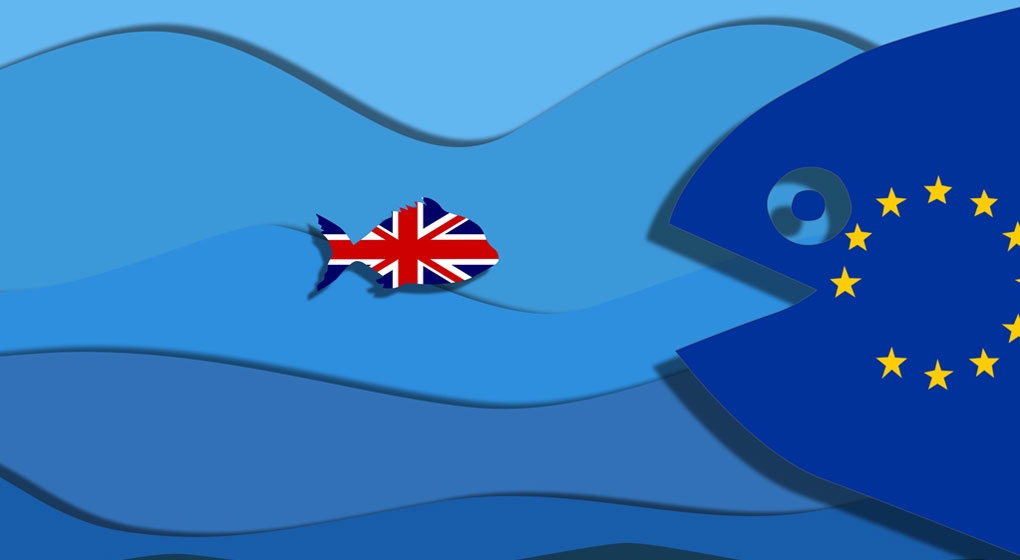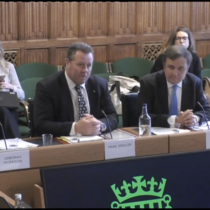Tough times for british exporters But meat bucks the trend
In the first quarter, the UK trade deficit in goods widened to £43.4 billion, a new record. Even taking into account services, for which the UK runs a surplus, the deficit has expanded to £15.6 billion. The benefits of the low Sterling post-referendum and of a strong world economy have been replaced by Brexit uncertainties, a sluggish growth of world trade and U.S. protectionism.
According to a team of economists at Cambridge University led by Meredith Crowley, the uncertainty has had a significant negative effect on firms’ willingness to export. Namely, some 5,300 businesses due to start exporting to the EU have decided against it, while more than 5,400 have stopped selling there. Fewer SMEs export from the UK than our major competitors, a fact well acknowledged by government which has endeavoured to increase participation. The Brexit process has had the reverse effect.
Regarding food and drink, EU exports increased by 4.3% in 2018, whilst for Third Country exports fell by 0.3%. This means that the EU now represents a share of 61.4% of total exports of food & drink, up from 60.3% in 2017. With food representing a quarter of Northern Irish exports, the Province is the most exposed of all the British regions to Brexit vagaries.
The flawed notion that UK exports to the EU can be easily and rapidly replaced by trade agreements and commerce with far afield countries must be exposed
In the first four months of the year, total lamb exports are up 11% to 29,227 (an underestimation) but exports to Third Countries fell back to 3.4% of total volumes. In contrast, exports of beef, pork and offal were supported by buoyant international meat markets, particularly with the Far East. Total beef exports are up 6% to 42,079 tonnes with non-EU exports up 79% year-on-year. They now represent 20% of total exports. Pork exports are stable at 74,475 tonnes with exports to Third Country now representing 40% of the total. The bulk of British offal has, for some time, been exported or re-exported to outside the EU.
The new Brexit delay is helpful as we do not have trade agreement so far in place with important destination countries such as Japan, Korea and Canada, and can keep on exporting using the existing EU arrangements. The second half of 2019 looks promising due to the potentially huge effect of the African Swine Fever epidemic effect on Chinese and Vietnamese pork supplies. There, pork production will be markedly down from next month, sucking imports at high prices from Europe. European pork volumes will not suffice to bridge the gap, consequently, international beef and poultry prices will also rise. Another consequence will be the lowering of Chinese soya demand, which should help maintain feed prices low.
The flawed notion that UK exports to the EU can be easily and rapidly replaced by trade agreements and commerce with far afield countries must be exposed as meat exporters face tariffs, trade and administrative barriers as well as political, religious, competitiveness and logistical issues. The reality of trade is more prosaic and nearer to those shores in the Single Market. The new threat of tariffs on our successful exports of pork and dairy products to the USA illustrates the risks.
Current Brexit uncertainties mean cancelled orders and caution from international meat buyers who are sitting on the fence, waiting for a clarification of trade conditions before starting or developing businesses. It is not easy to be a British meat exporter even if, for now, meat bucks the trend.







